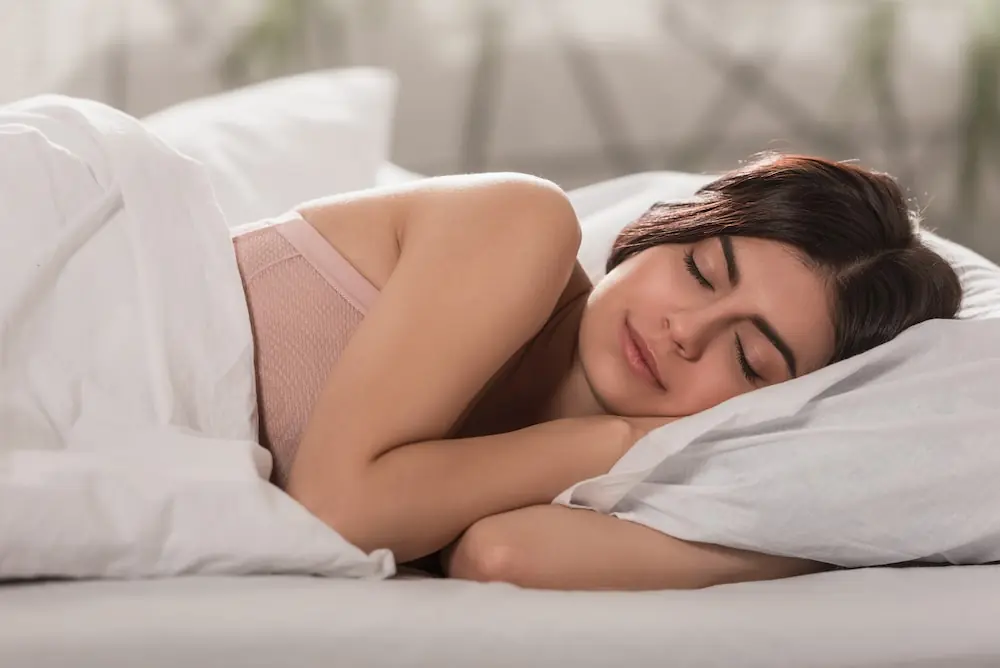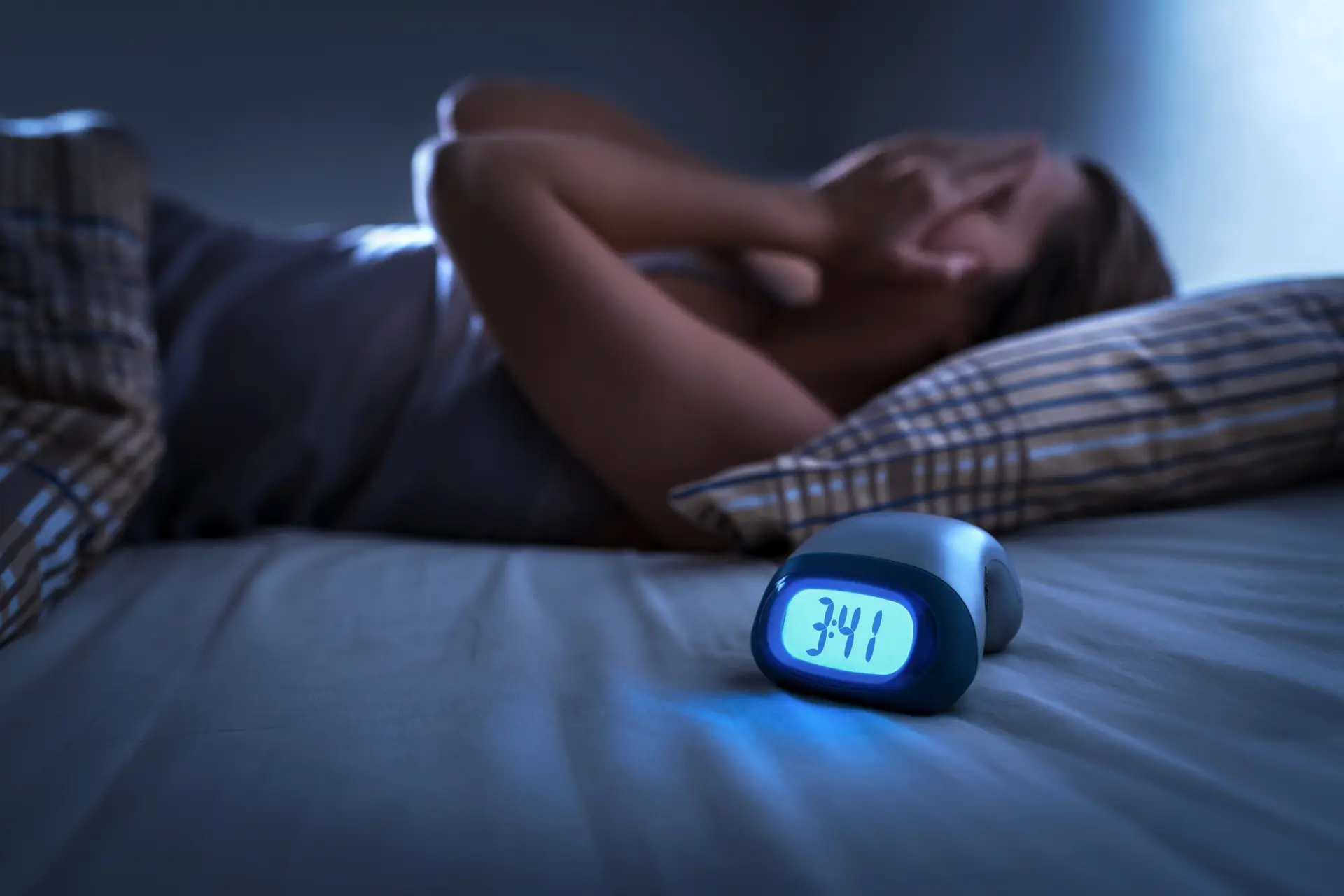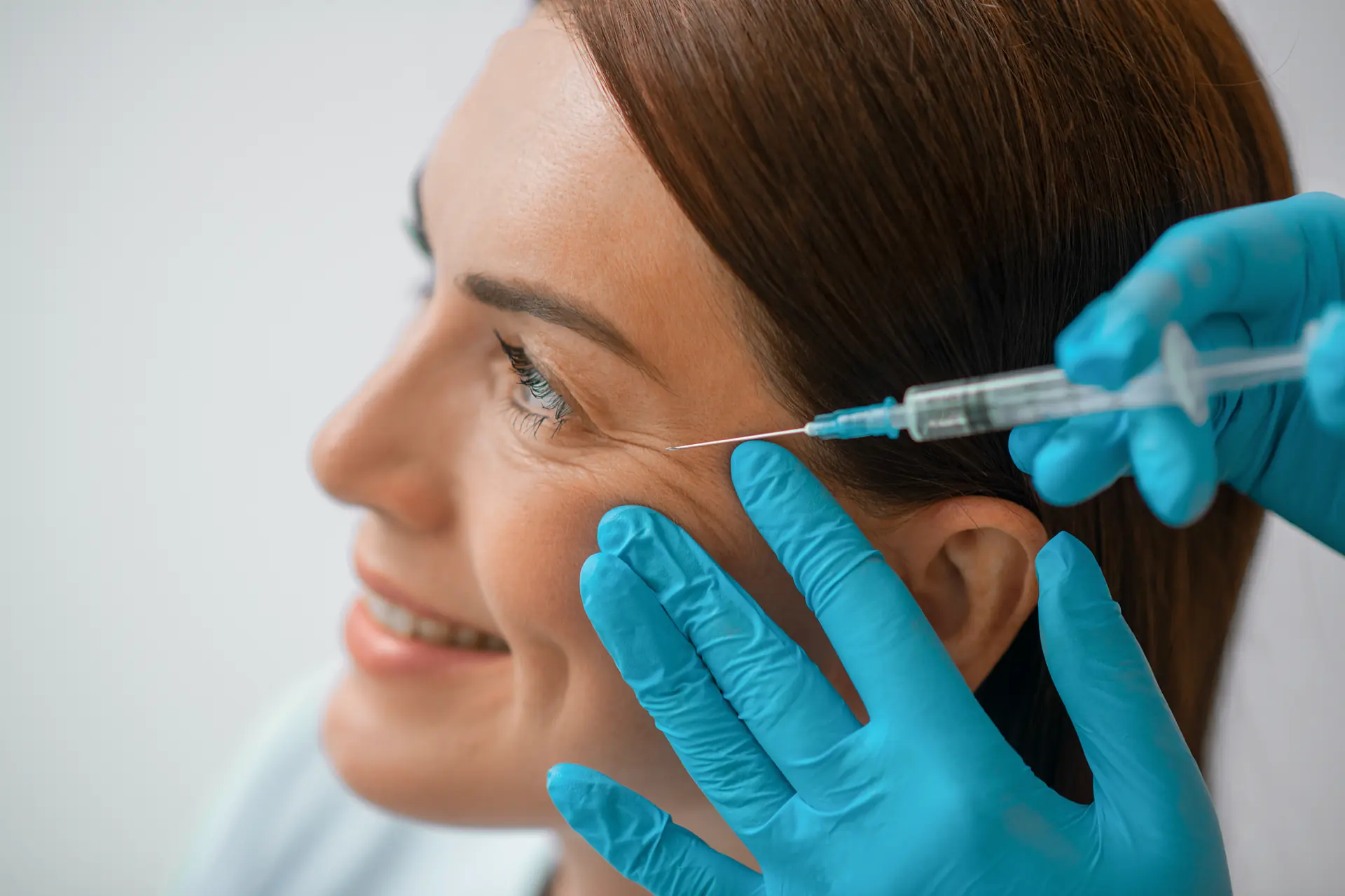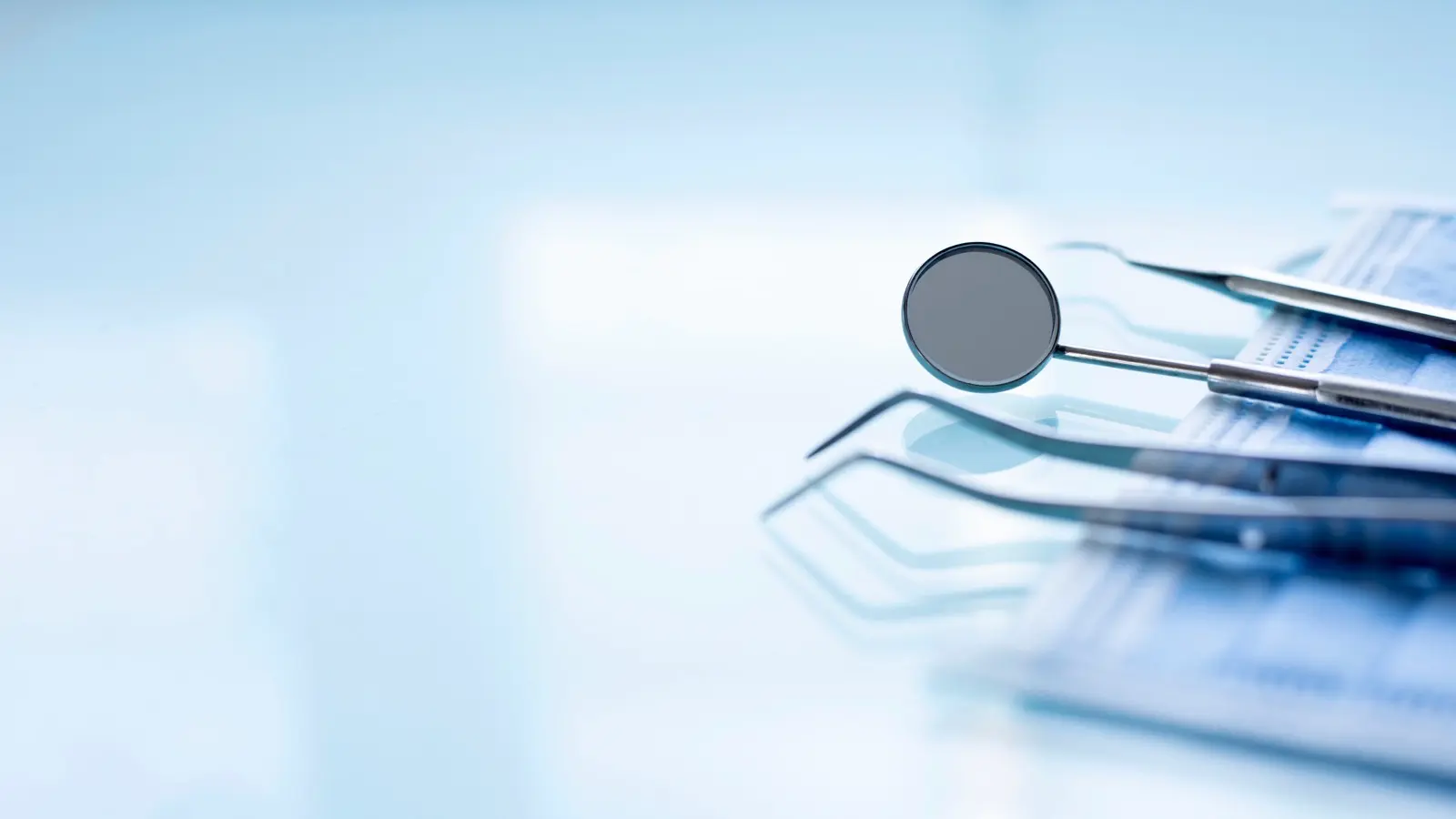Sleep Apnea Care in Rock Hill, SC
Getting a full night’s sleep shouldn’t feel impossible. If you struggle with loud snoring, morning headaches, or feeling drained even after eight hours in bed, sleep apnea may be the reason.
At River District Smiles, we help patients across Rock Hill understand what’s happening with their breathing at night and find real relief through personalized care and comfortable oral appliance therapy. Our goal is simple: better sleep, better health, and better mornings.
What Sleep Apnea Looks Like in Everyday Life
Sleep apnea often shows up gradually. Most of the patients we see don’t come in because they think they have a sleep disorder. They come in because they’re tired of snoring, constantly waking up, or feeling groggy every day. Sleep apnea interrupts your breathing throughout the night, which means your brain never gets the deep, restorative sleep it needs.
For many people, the signs appear in small ways at first. You might wake up with a dry mouth or a dull headache. Maybe you’ve been told you snore loudly or stop breathing for a few seconds at a time.
Over weeks or months, these symptoms start affecting your focus, mood, and energy. When we talk with patients during their appointment, the most common thing we hear is, “I didn’t know this could be caused by my breathing.”

Common Causes We See in Rock Hill Patients
Sleep apnea can have several different causes, and it’s not always related to age or body type. While weight changes and lifestyle factors can contribute, many of the cases we see in Rock Hill stem from the structure of the airway itself. A narrow throat, excess tissue, or the way the jaw rests during sleep can all make breathing more difficult at night.
We also frequently see cases linked to chronic snoring, a recessed jaw, or tension in the bite that pushes the tongue back when lying down. These airway issues often go unnoticed during the day but become more noticeable as soon as you fall asleep.
Understanding the cause helps us recommend the right type of treatment, whether that’s an oral appliance, a specialist referral, or a combination approach.

Symptoms That Shouldn’t Be Ignored
Although symptoms vary from person to person, there are a few signs that appear regularly in our sleep apnea patients:
- Loud, persistent snoring that disrupts sleep
- Waking up suddenly, sometimes gasping
- Feeling unrested no matter how long you sleep
- Morning headaches or dry mouth
- Trouble concentrating during the day
- Fatigue, irritability, or brain fog
If these symptoms sound familiar, a simple evaluation is a good first step. Many people assume their exhaustion is due to stress or lifestyle, only to discover that their breathing is the real issue.

How We Diagnose Sleep Apnea
We keep the process simple and comfortable. Your dentist begins with a focused airway evaluation during your appointment. This includes looking at your bite alignment, the size and shape of your airway, how your tongue rests, and any signs of interrupted breathing. We also talk through your symptoms, sleep habits, and any issues your partner has noticed at night.
If a sleep study is needed, we coordinate an at-home test with trusted medical partners. This allows you to sleep in your own bed while still gathering accurate data about your breathing patterns. Once the results come in, we go over them with you and explain what they mean in clear, straightforward terms. Our goal is to give you the information you need without overwhelming you with technical jargon.

Treatment Options We Provide
Custom Oral Appliance Therapy
For many patients, oral appliance therapy is an excellent alternative to a CPAP machine. These custom appliances gently move the jaw forward to open the airway and improve breathing throughout the night. They’re small, quiet, and easy to travel with, which makes them a comfortable option for people who have trouble with bulky equipment.
At River District Smiles, we design your appliance using precise digital impressions to ensure a secure, comfortable fit. We tailor the appliance to your unique bite and airway needs, making adjustments as needed during follow-up visits. Most of our patients notice better sleep within a few weeks, along with improved energy, clearer mornings, and quieter nights.
When We Recommend CPAP or Specialist Care
Some cases of sleep apnea require a more advanced medical approach. If your sleep study shows severe apnea or if oral appliance therapy isn’t the best fit for your needs, we work closely with local physicians and sleep specialists to make sure you receive the right level of care. Your long-term health is our first priority, and we’ll guide you through each step of the process.
Why Rock Hill Patients Trust River District Smiles for Sleep Apnea Care
Patients choose our team because we offer more than just treatment — we offer personalized care based on real experience. Our dentists have advanced training in airway-focused dentistry and understand how your breathing, bite, and jaw position work together. We take time to explain your options, answer your questions, and build a plan that fits your lifestyle and comfort level.
We use modern digital technology for accurate fittings, and we follow up with you to make sure your appliance continues to feel comfortable and effective. Everything we do is centered around helping you sleep better, breathe easier, and improve your overall quality of life.
Start Sleeping Better Today
You don’t have to live with restless nights or daytime fatigue. If you think sleep apnea may be affecting your health, we’re here to help. Schedule a consultation at River District Smiles and take the first step toward better breathing and better sleep.


